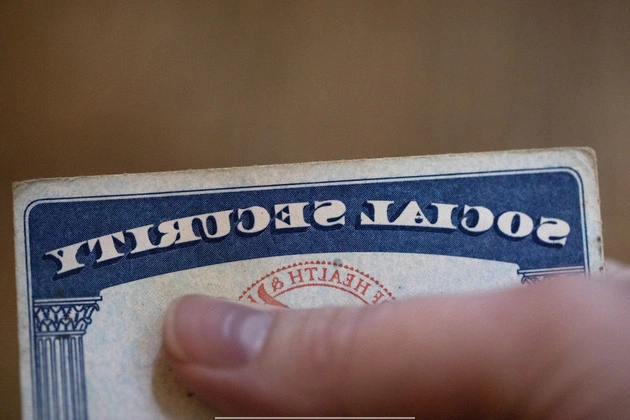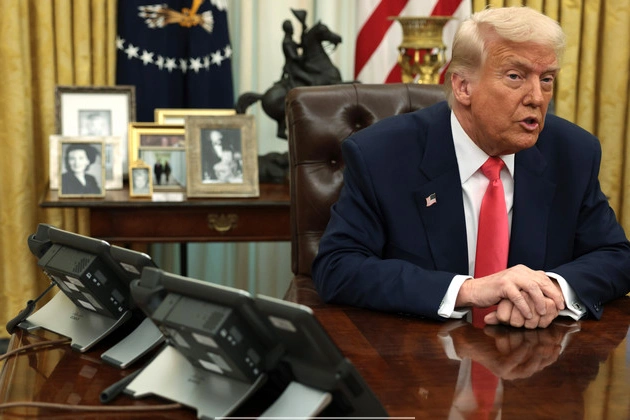
Deciphering Trump's Jan. 6 Pardons: Unraveling the Uncertainties in Clemency Plans
Since winning the election, President-elect Donald Trump has avoided providing specifics about his promise to pardon Jan. 6 defendants. This silence has fueled speculation among the 1,600 prosecuted individuals about the extent of his clemency intentions.
The Dilemma of Pardoning Misdemeanor Offenders
Trump’s potential Day One action involves pardoning roughly 900 Jan. 6 defendants facing misdemeanor charges. These individuals, primarily charged with trespassing, have received lenient sentences like probation or home confinement.
Among them are notable figures like Owen Shroyer and Brandon Straka, who pleaded guilty for their proximity to the Capitol without entering the building. Despite prosecutors linking their actions to aiding more violent perpetrators, Trump views their cases as examples of political persecution.
The Challenge of Assault and Weapon Charges
The more complex dilemma lies with the 600+ defendants charged with assaulting police or carrying weapons on Jan. 6. Trump has hinted at considering pardons for some of these individuals, sparking anxiety among those advocating for broader clemency.
While Vance’s comments on Fox News stirred controversy, the fate of defendants facing charges for impeding police or destruction of property remains uncertain. Trump’s potential use of commutation rather than outright pardons adds another layer of complexity to the situation.
Legal Battles and Jury Trials
Many Jan. 6 defendants have raised concerns about unfair trials in Washington, D.C., citing political biases and limited access to evidence. Despite their claims being dismissed by the courts, questions linger about Trump’s stance on pardoning those who received what they perceive as unjust verdicts.
With most defendants opting for plea deals, the few who faced jury trials have mixed outcomes, fueling debates about trial fairness and jury selection procedures.
The Thorny Issue of Seditious Conspiracy
The convictions of leaders from far-right groups like the Proud Boys and Oath Keepers present a significant challenge. Trump’s potential decisions regarding these cases, including Enrique Tarrio’s plea for pardon, will have far-reaching implications on ongoing and future prosecutions related to Jan. 6.
As nearly 500 cases await resolution in federal court, the incoming DOJ leadership faces immediate decisions on trial delays and case handling. The delicate balance between upholding justice and addressing political sensitivities adds complexity to the administration’s approach to Jan. 6 prosecutions.
Looking Ahead
With the confirmation hearings for Trump’s attorney general nominee, Pam Bondi, on the horizon, the spotlight shifts to the administration’s stance on Jan. 6 cases. Bondi’s role in defending DOJ actions and navigating the legal landscape surrounding the Capitol riot trials will be crucial in shaping the future of these prosecutions.















